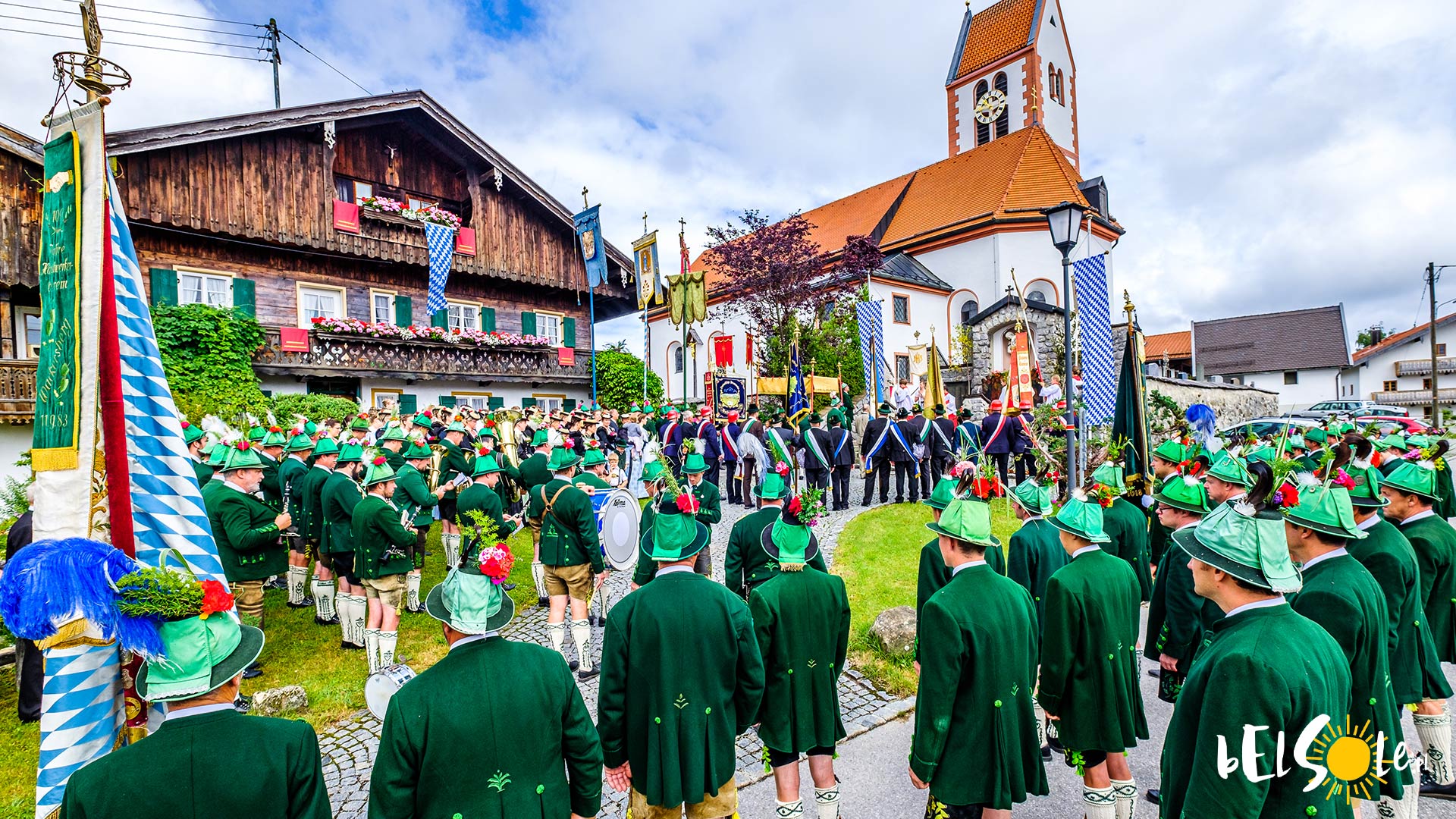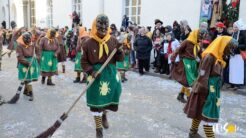For many Christians around the world, Corpus Christi is a very important Catholic holiday, upholding the presence of God in the Eucharist. Does Germany celebrate Corpus Christi? Is it a public holiday in Germany? Let’s take a look!
The Feast of Corpus Christi, or the Solemnity of the Most Holy Body and Blood of Christ, dedicated to celebrate the Eucharist. It takes place 60 days after Easter, commemorating the Last Supper. For many countries, like our home Poland, it’s a very vital tradition. What about other countries? How does Germany feel about it?
Is Corpus Christi celebrated in Germany?
Is it a day-off?
In Germany, Corpus Christi is called Fronleichnam (too, meaning ‘the body of the Lord’), and it’s also quite an important day for Christians, though not equally so throughout all of the country. In some areas, Corpus Christi processions are very modest and only take place inside the church – in other regions, those with a strong Catholic following to be exact, processions may sometimes take to the decorated streets and gatherings of crowds may still appear. Protestants, on the other hand, do not celebrate Corpus Christi with any such processions.
As Germany is partly Catholic and partly Protestant, Corpus Christi is not a public holiday – it’s not a day-off and it’s only actually celebrated in predominantly Catholic regions – Baden-Württemberg, Bavaria, Hesse, North Rhine-Westphalia, Rhineland-Palatinate and Saarland, Saxony and Thuringia. There’s also a growing population of openly irreligious people, meaning the day is likely to become less and less important as time goes on.
Depending on where you end up, you may find various unusual forms of celebration – in Cologne, a parade of a hundred ships departs onto the Rhine that day. Other places may use this opportunity to get together with family and friends, throw festivals and fairs.
See also:






